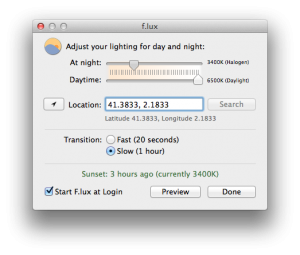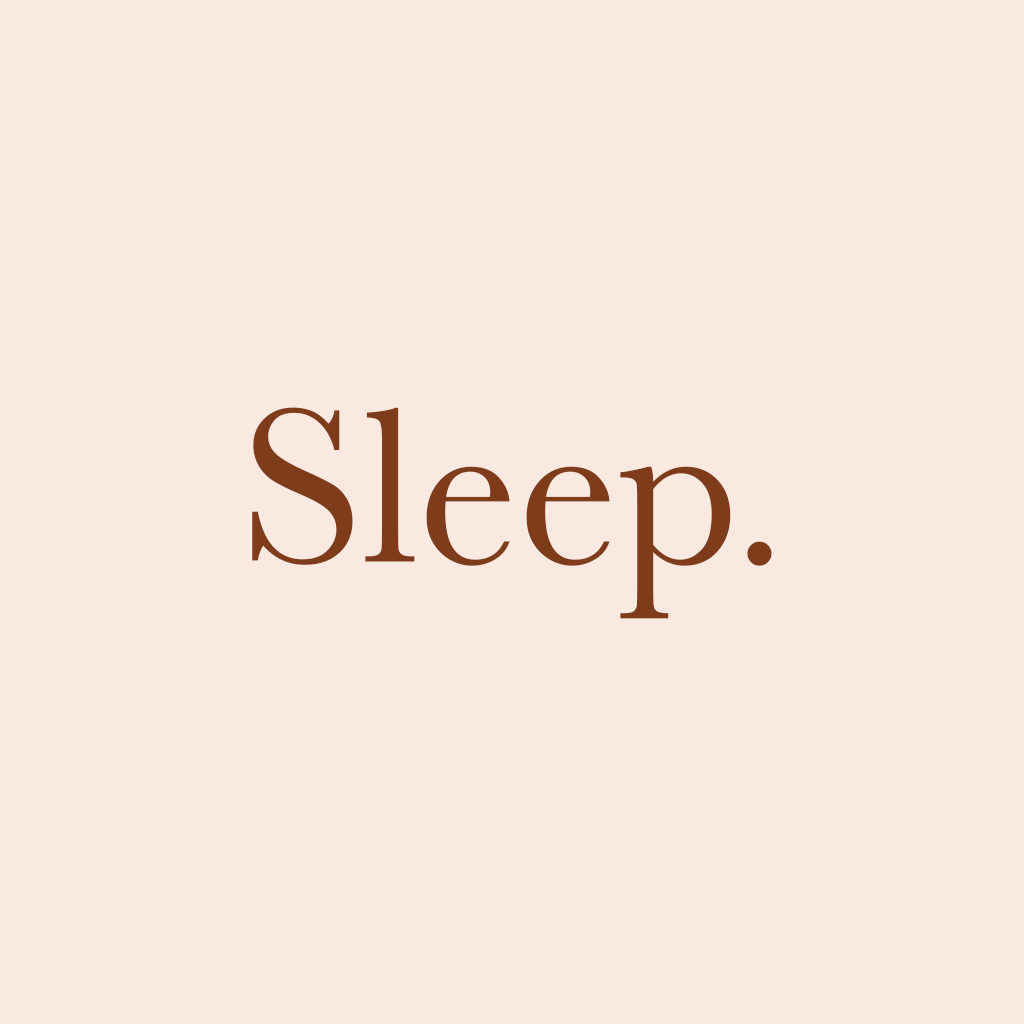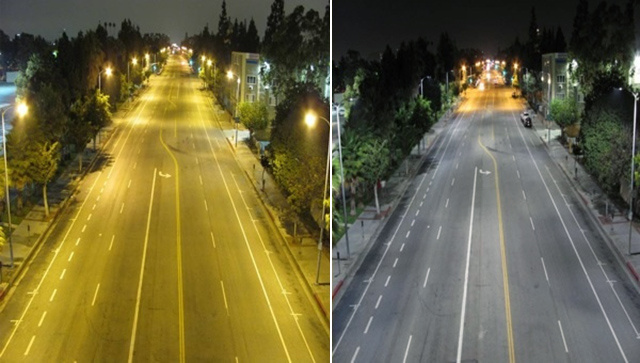By now it’s fairly well-known: the type of light that now surrounds us dramatically changes the dynamics of our sleep/wake patterns.
It was not long ago we relied on nature and most importantly the sun in everyday life. Each sunrise marked the beginning of a new day with new opportunities, conquering the night and its dangers. Each spring signified the return of the life-giving properties of sun light: plants would thrive, food would be plentiful. The sun has a central role in many pre-historic as well as current religions — from the Egyptian Pharaohs being the sons of the sun God Ra, to, conspiracy theorists will have you believe, Jesus or Moses in Christianity being direct metaphors for the sun. Whatever you believe, it’s clear that the sun has made an impact on humans and still does to this date.
For the most part of our existence, our light has come from inducing heat onto different types of flammable materials, thus creating light: fires, candles, or the thread in light bulbs.
Today we’re surrounded by digital displays and light sources that emit neutral to cold light. LEDs consume a fraction of the electricity compared to a traditional light bulb and since so little of the energy is lost to heat they’re also efficient. The simple no-nonsense build of LEDs means they can be used for 2-3 years straight before they break*.
Even though LEDs sold now are made to have a warmer tint than in the beginning, the change is still pretty apparent. Above is an illustration of what L.A. streets will look like after they’ve made the change.
Work & Sleep
Many times our computer and phone screens are omnipresent in our lives. No matter what time of the day, these screens will have an almost blue-tinted glow. It is believed that this is one of the main reasons why our gadgets disrupt sleeping patterns. Think about it, how many times have you stayed up late trying to fix that one elusive bug? Browsed Reddit aimlessly? Watched episode after episode of [insert vaguely funny TV show that did too many seasons here]? All without feeling any significant exhaustion?
Our devices create a constant, self-induced state of jet lag.
To combat the effects of having daylight-tinted lights around us, we can make sure to buy fixtures with a warm light and change the tint of any digital displays we have to have a warmer color. When we do need neutral light we should make sure to use it sparingly and refrain from turning it on after sunset.
 For your computer, try F.lux. It’s an app that determines your current location and automatically changes the screen temperature to a cozy 3400k (supposedly the equivalent of halogen light) around sunset. You can set it up so it transitions slowly over the course of one hour so you can get eased into it.
For your computer, try F.lux. It’s an app that determines your current location and automatically changes the screen temperature to a cozy 3400k (supposedly the equivalent of halogen light) around sunset. You can set it up so it transitions slowly over the course of one hour so you can get eased into it.
Since installing it I’ve been feeling a lot less stressed during the evenings. The warm light is also much less straining on my eyes.
Being in Sweden currently, the sunset is actually around 17:00 at this time of year, and just a month or two ago it was as early as 15:30-16:00. For me it’s then more natural to set F.lux to adjust my screen a little later as it’s not a hard sunset and I’m typically awake for quite a while longer. I’m currently using 41.3833° N, 2.1833° E — the latitude and longitude of Barcelona, Spain. This gives me an extra 1-1½ hours of “daylight”.
Above is a rough comparison of what a normal monitor of 6400k looks like compared to 3400k. If you view this on a normal laptop or mobile device it should give you a pretty good understanding of the difference. However, and I feel the need to stress this, the white point being so warm is actually not distracting. It only takes a short while to get adjusted and when you have, you don’t want to go back.
Get F.lux
Go ahead and install F.lux right now, it’s a free download and it just may help you both work and sleep better.
* Footnote: Over three years ago I changed the bulb of my outdoor porch light to a very bright (and at the time fairly expensive) LED bulb with an array of smaller lights. Most of the time it’s left on. To this day it shows no signs of breaking.



1 comment